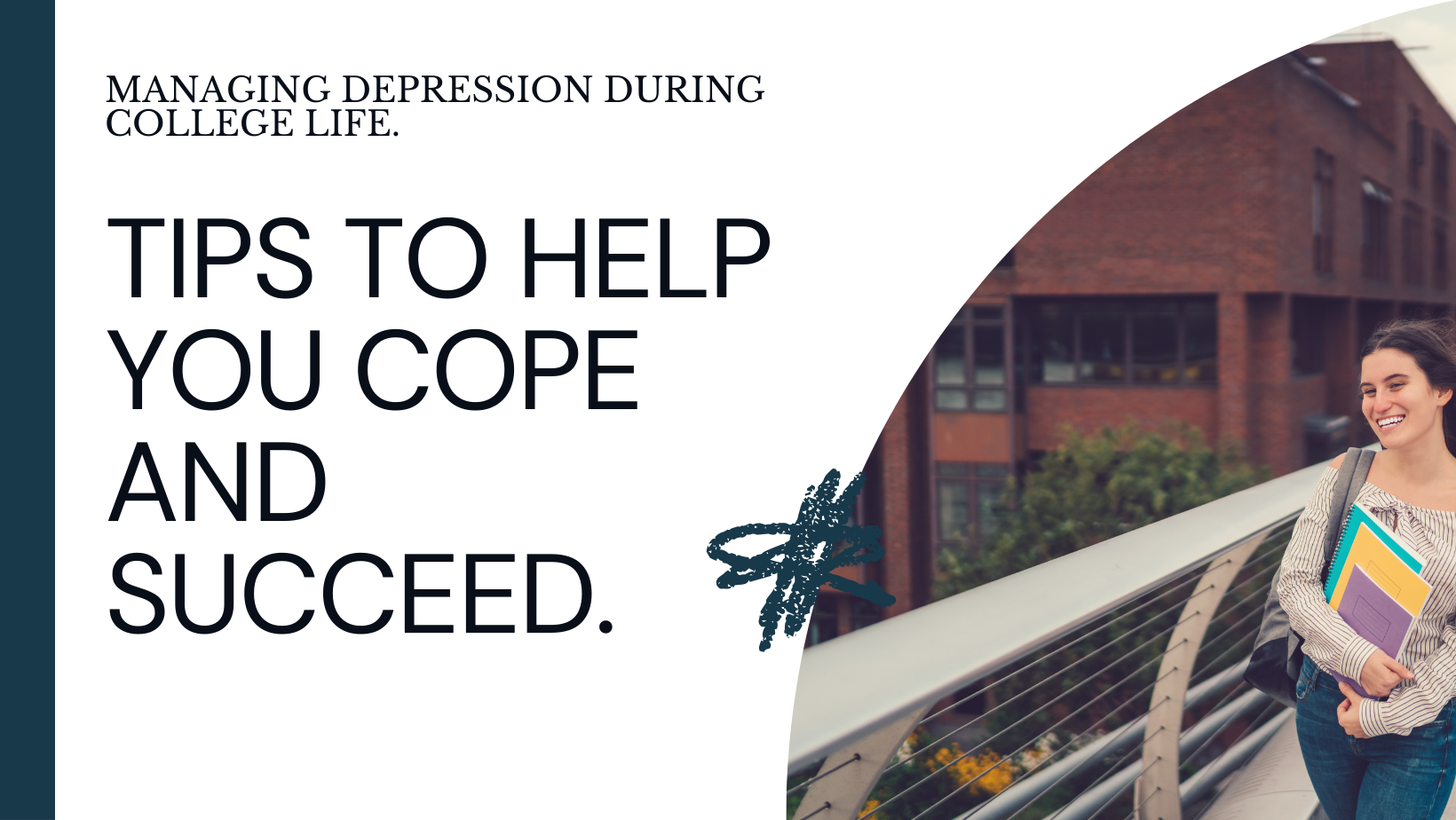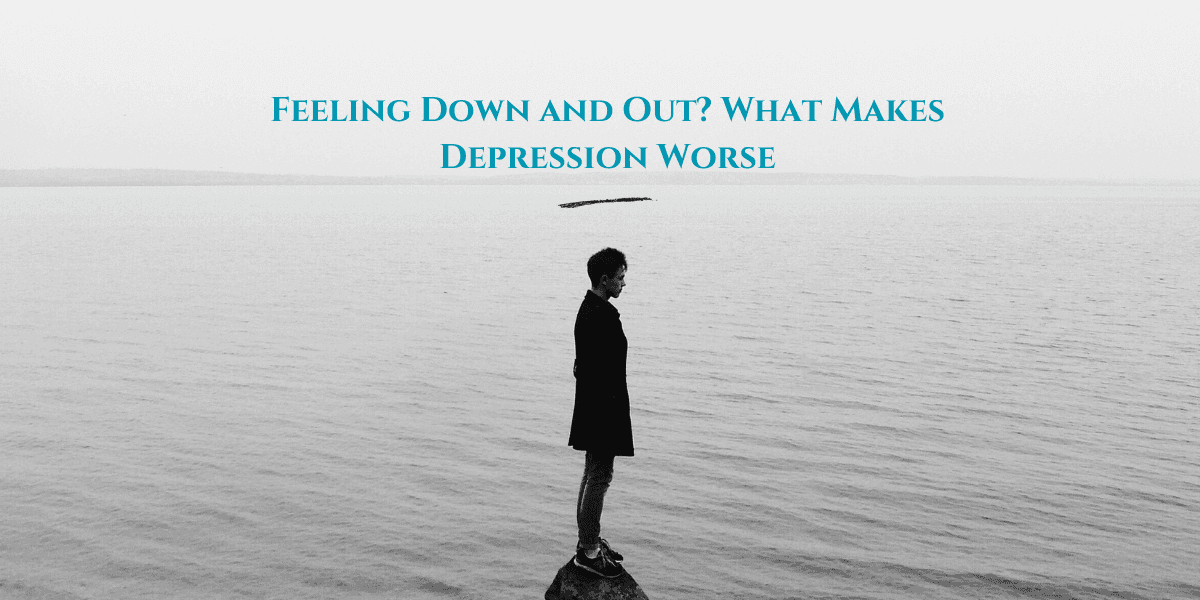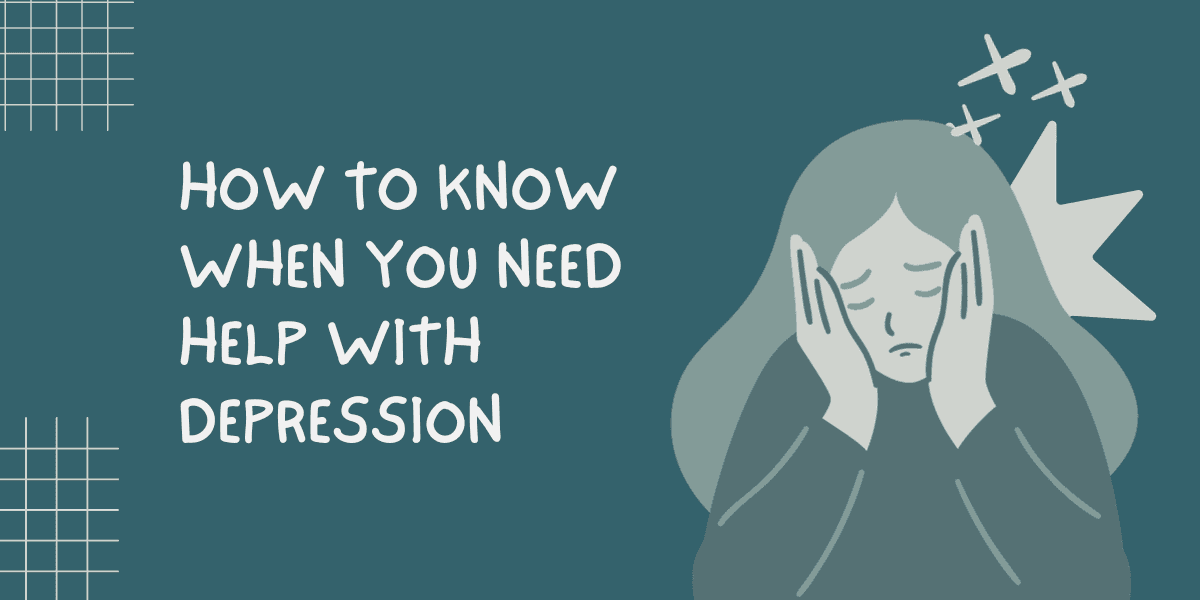Employee Wellness

Employee Motivation 2.0: Modern Hacks vs. Traditional Methods
Sitting in his corner office, Amit, the CEO of a fast-growing tech firm, rubbed his temples in frustration. “We’re losing good people,” he muttered, scanning the latest resignation letter on his desk. “Our turnover is skyrocketing, productivity is slipping, and I can feel the low energy in the office. What’s going wrong?”

Parental Pressure and Mental Health: The Unspoken Struggle of Indian Youth
Parental expectations are a universal experience, but in India, they often come with immense pressure. From scoring high marks 📚 to securing a high-paying job 💼, the burden on Indian youth is immense. While parents want the best for their children, excessive expectations can take a toll on mental health, leading to anxiety, depression, and even suicidal thoughts.

The Mental Health Crisis Among Indian Students: What Can Be Done?
In recent years, the mental health crisis among Indian students has become a growing concern. The pressure to excel academically, social expectations, economic constraints, and personal struggles create a highly stressful environment that takes a toll on their mental well-being. While awareness about mental health is increasing, there is still a significant gap in access to proper care and support. Addressing this issue requires a collective effort from educational institutions, parents, policymakers, and mental health professionals.

The Importance of Mental Health Breaks: How to Prevent Burnout During Exams and Deadlines
In the fast-paced world of academics, the pressure on students is immense. This is particularly true in India, where the academic system places a high value on scores, competitive exams, and rigorous study schedules. For students striving to meet these demands, burnout is a real and prevalent risk. Understanding the importance of mental health breaks can be crucial for sustaining both academic performance and overall well-being.

How Mindfulness and Meditation Can Help Reduce Anxiety and Improve Mental Health
In today’s fast-paced world, where stress and anxiety seem to be ever-present, mindfulness and meditation have emerged as powerful tools to improve mental health. These practices, rooted in ancient traditions yet backed by modern science, offer effective strategies to combat the mental strain many of us experience daily. By helping you become more present and grounded, mindfulness and meditation can pave the way for a more peaceful and resilient mind.

Tackling Sleep Deprivation: How Poor Sleep Impacts Mental Health
Sleep is a vital part of life that significantly influences both physical and mental health. Yet, in today’s fast-paced world, sleep deprivation has become increasingly common, leading to a range of health problems, particularly affecting mental well-being. Understanding the complex relationship between sleep and mental health is crucial for improving overall quality of life. This blog will explore the impact of poor sleep on mental health, the historical evolution of sleep science, the underlying mechanisms connecting sleep and mental health, practical applications for different client types, potential outcomes, and commonly used assessments and exercises.

Financial Stress in Students: How It Affects Mental Wellness
Financial stress is a prevalent issue among students, impacting their mental health and academic performance. For many students, education represents the gateway to opportunities, but financial pressures can make this journey a stressful one. College expenses, loan burdens, and day-to-day expenses contribute to the overwhelming sense of financial insecurity. This financial stress is not just about a lack of money; it brings along emotional and psychological consequences that affect a student's well-being.

Parent Expectations vs. Student Aspirations: Finding a Balance
In today’s fast-paced world, the relationship between parent expectations and student aspirations is increasingly becoming a focal point in discussions surrounding education and personal development. Parents often envision a future for their children that is filled with success, stability, and opportunities. While these intentions are typically rooted in love and care, they may sometimes conflict with a student's personal dreams and aspirations, leading to friction and anxiety.

Mental Health for Students in India: Overcoming Academic Pressure
Academic pressure is a significant concern for students in India, where societal expectations, competition, and high-stakes exams weigh heavily on young minds. This pressure can lead to anxiety, depression, burnout, and other mental health challenges if not addressed effectively. Understanding how to manage academic stress while focusing on overall well-being is essential for students navigating the demanding educational landscape.

The Rise of Teletherapy in India: How It Can Help You
In recent years, mental health care has experienced a dramatic shift, with teletherapy emerging as a powerful tool in addressing the mental health needs of individuals across India. With greater awareness about the importance of mental well-being and the growing need for accessible, flexible care, teletherapy has transformed how people seek help. This modern approach to therapy offers a practical, convenient, and stigma-free option for those in need of professional support, particularly as digital platforms continue to make therapy services more widely available.

College Blues Getting You Down? Tips to Manage Depression During Studies
College Blues Getting You Down? Tips to Manage Depression During Studies College is a time of exploration, learning, and growth. But for many students across India, it's also a period marked by stress, anxiety, and sometimes, depression. The transition to college life, coupled with academic pressures and personal adjustments, can be overwhelming. If you're feeling the college blues, you're not alone. Here are some actionable tips to help you manage depression during your studies, with a special focus on how CareMe Health can support you on this journey.

Don't Suffer in Silence: Talk to Someone About Feeling Depressed
Don't Suffer in Silence: Talk to Someone About Feeling Depressed In the rich tapestry of Indian society, where vibrant traditions meet modern aspirations, the topic of mental health often remains veiled in silence. Depression, a common yet misunderstood condition, lurks in the shadows of this silence, affecting millions across the nation. It's time to break the silence and speak up. Remember, when feelings of depression weigh you down, talking to someone can be the first step toward lightening the burden.

Feeling Down and Out? What Makes Depression Worse
Feeling Down and Out? What Makes Depression Worse In the vibrant tapestry of Indian society, where the hustle of daily life merges with the rich hues of culture and tradition, mental health often takes a backseat. Depression, a common but serious mood disorder, affects many, yet the conversation around it remains shrouded in silence. Understanding what exacerbates depression is crucial, especially in the Indian context, where unique cultural, social, and economic factors come into play.

College Got You Stressed? Beat the Pressure and Find Your Calm
Navigating college life, with its myriad of challenges and opportunities, can often feel like a high-wire act, especially for students in India. The transition from school to the more autonomous environment of higher education can be exhilarating yet daunting, bringing with it academic pressures, career decisions, and personal growth experiences. In this context, managing stress becomes not just beneficial but essential for holistic well-being and academic success. CareMe Health, a pioneering mental health startup in India, offers a range of features designed to support college students in their journey towards stress management and mental wellness.

What Causes Stress to Get Worse?
What Causes Stress to Get Worse? An In-Depth Look with CareMe Health In our fast-paced world, stress has become a constant companion for many of us. But what turns everyday stress into a more severe problem? Understanding the factors that exacerbate stress is crucial, especially in the context of the diverse and vibrant landscape of India. This blog delves into these factors, supported by scientific evidence, and showcases how CareMe Health is your ally in managing stress effectively.

Psychological Counseling for Students: A Guide
Mental Health is a growing concern among students in India, and its significance cannot be overstated. The pressures and challenges faced by Indian students have led to an alarming rise in stress, anxiety, and depression cases. In recent years, it has become increasingly evident that a large number of Indian students are grappling with their mental well-being.

Make Your Employees Feel Valued With These 10 Wellness Gifts
In today’s fast-paced and stressful work environment, taking care of one’s well-being is more important than ever. As an employer, you have the opportunity to show your employees that you care about their well-being by giving them gifts that support their physical, mental, and emotional health.

Overcoming Procrastination: A Guide To Beating Exam Fever
Exam fever is a term one uses to refer to the gamut of emotions you experience when faced with an examination.

10 Fun And Engaging Wellness Activities For Your Workforce
Wellness activities have become an increasingly important aspect of many organizations’ employee engagement programs. These activities aim to promote physical, mental, and emotional well-being among employees, which can lead to improved health and reduced stress levels

Elevate Student Mental Health: Careme Health’s Powerful Solution In Crisis Times
In recent years, the mental well-being of young students has become a major public health concern.

How To Know When You Need Help With Depression
Life is of ups and lows. Even the mighty mountains have high peaks and low steeps, so it is only normal for us to feel low from time to time.

The Benefits Of Stress Management Training For Organizations
Stress management training for employees is becoming increasingly important as the demands and pace of work continue to increase. Chronic stress can have a negative impact on an employee’s mental and physical health, as well as their work performance.